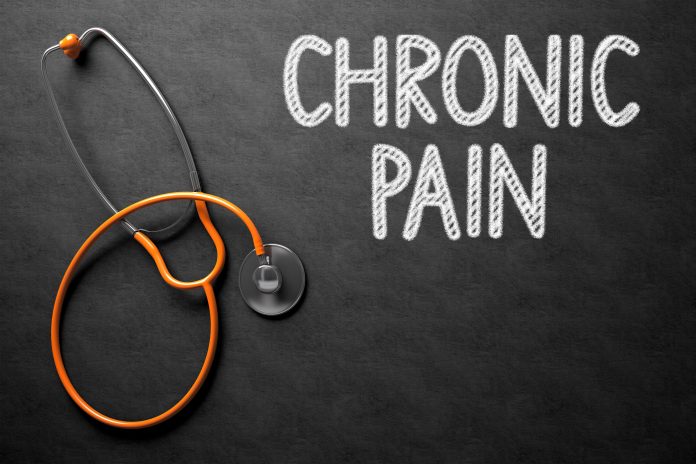If you are a senior looking for chronic pain management, there are various options available that can help ease your pain. Presently, up to 80% of seniors are living with persistent pain. Most seniors feel it is just part of aging and don’t tell their doctors, not realizing that there are options available for them.
What causes chronic pain in seniors?
• Arthritis
• Bone and joint disorders
• Cancer
• Multiple sclerosis and other auto-immune diseases
• Fibromyalgia
• Shingles
• Low back pain and/or nerve damage
Chronic pain causes a constant struggle in the lives of seniors who have it. It can lead to loss of sleep, loss of appetite, anxiety and depression.
Since medication affects older patients differently than younger patients, often causing more side effects, chronic pain treatment can differ for seniors. Your kidneys shrink as you age and your liver decreases in mass, both causing less blood flow in your body. Some seniors have swallowing difficulties which make it difficult for them to take medications or they may have increased or decreased acid levels in their stomachs. All of these contribute to the difficulty in managing chronic pain in seniors.
What treatments are available for managing chronic pain in seniors?
• If pain is due to inflammation, an anti-inflammatory helps, however, in many seniors these can cause side effects.
• For neuropathic pain or nerve pain such as in fibromyalgia, quite often anticonvulsants are used such as gabapentin.
• Analgesics such as acetaminophen, however, it can be dangerous for your liver.
• Cognitive-behavioural therapy has been used to teach seniors to cope with their chronic pain.
• Manipulative treatments. These are often based on the type of pain a senior has and can be quite effective. Regular physical activity can also reduce pain and at the same time, improve a senior’s health and give them more flexibility, muscle strength and a wider range of movement.
• Accupuncture or massage therapy. An occupational therapist may prescribe one or both of these, combined with the use of heat or cold.
Chronic pain management is an ongoing concern for seniors since pain disrupts quality of life and can lead to other problems, particularly psychological ones including depression. If your pain is out of control or becoming worse, see your physician for possible treatments.
This article is intended for informational purposes only. If you have any questions or are considering any recommendations, please consult your health practitioner.























